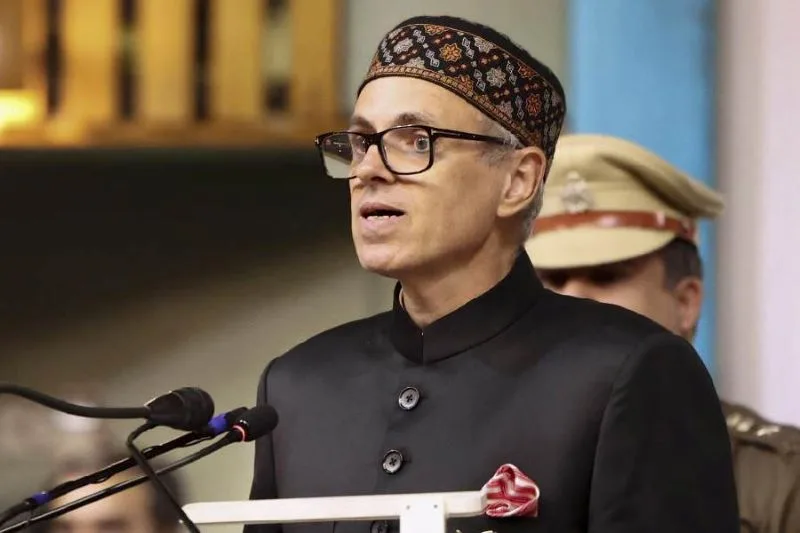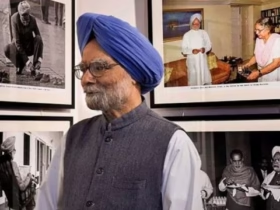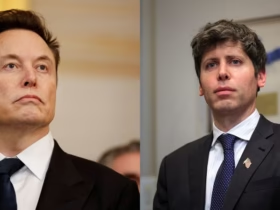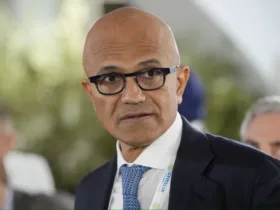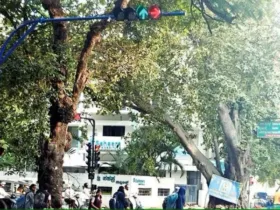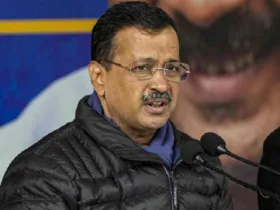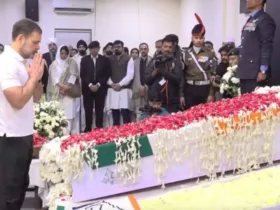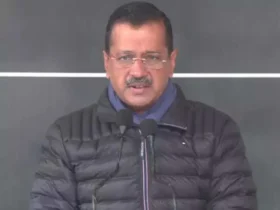Former Jammu and Kashmir Chief Minister Omar Abdullah has reiterated his demand for the restoration of full statehood for Jammu and Kashmir. In his latest statement, the National Conference (NC) leader expressed frustration over the delay in fulfilling the promise of statehood restoration made by the central government. Remarks of Omar Abdullah come as a reminder of the political uncertainty and unrest that have gripped the region since the abrogation of Article 370 in August 2019.
The Statement
Speaking to the media, Abdullah highlighted that it has been over two months since Home Minister Amit Shah promised in Parliament that statehood for Jammu and Kashmir would be restored “at an appropriate time.” He questioned the lack of any concrete steps or timeline for implementing this promise. Abdullah stressed that restoring statehood is crucial for the region’s political stability, economic development, and the overall well-being of its residents.
“It has been two months since the assurance in Parliament, but nothing has moved on the ground. The people of Jammu and Kashmir deserve clarity and concrete action,” Abdullah said. He also pointed out that mere verbal assurances would not suffice and called for immediate legislative measures to fulfill the promise.
A Long-Standing Demand
The restoration of statehood has been a persistent demand by opposition leaders and political parties in Jammu and Kashmir. Following the revocation of Article 370, the erstwhile state was bifurcated into two Union Territories—Jammu and Kashmir, and Ladakh. While the Centre has maintained that statehood would be restored after normalcy is achieved, opposition leaders argue that normalcy cannot be achieved without restoring political autonomy and democratic processes.
Abdullah emphasized that the delay in restoring statehood is eroding public trust and exacerbating the alienation felt by the people of Jammu and Kashmir. He also expressed concern over the shrinking space for political dialogue in the region, urging the Centre to engage with local stakeholders to address grievances and chart a roadmap for the future.
Criticism of the Current Administration
Abdullah criticized the Union Territory administration, claiming that it lacks accountability and fails to address the needs of the people. He argued that the absence of an elected government is a significant hurdle to effective governance and public representation. “A Union Territory cannot replace the essence of a democratic state. The current system is neither effective nor representative,” he remarked.
The former chief minister also questioned the effectiveness of the development policies implemented under the Union Territory model. He pointed out that promises of economic revival and job creation have largely remained unfulfilled, leaving the youth disillusioned and discontented.
The Broader Political Context
Abdullah’s statement comes amidst heightened political activity in the region, with several parties, including the National Conference and the Peoples Democratic Party (PDP), demanding a unified approach to press for the restoration of statehood. Political analysts view this as an effort to regain political ground in the run-up to potential assembly elections, which have not been held since the region’s reorganization.
The issue of statehood also resonates with broader debates on federalism and regional autonomy in India. Opposition parties at the national level have criticized the BJP-led central government for its handling of Jammu and Kashmir, accusing it of sidelining democratic processes and imposing decisions unilaterally.
Response from the Central Government
The central government has reiterated its stance that statehood will be restored “at an appropriate time.” However, there has been no official timeline or roadmap for this process. Union ministers have frequently cited security concerns and the need for sustained development as prerequisites for statehood restoration.
The BJP has defended its actions, arguing that the abrogation of Article 370 has paved the way for greater integration of Jammu and Kashmir with the rest of India. The party claims that significant progress has been made in infrastructure development, investment, and counter-terrorism measures.
Public Sentiment
Public opinion in Jammu and Kashmir remains divided on the issue of statehood. While some see it as a critical step toward restoring democratic rights and autonomy, others remain skeptical of the central government’s intentions. The prolonged political vacuum and lack of an elected government have fueled discontent, particularly among the youth.
Civil society groups and local organizations have also called for greater transparency and public involvement in decision-making processes. Many argue that the restoration of statehood should be accompanied by measures to address human rights concerns, economic challenges, and the broader aspirations of the region’s diverse population.
Conclusion
Fresh statement of Omar Abdullah on the restoration of Jammu and Kashmir’s statehood underscores the persistent demand for political and democratic rights in the region. While the central government has made assurances, the lack of tangible progress has left residents and political leaders frustrated. As calls for statehood grow louder, it remains to be seen how the government navigates this contentious issue while balancing security, development, and democratic aspirations.

